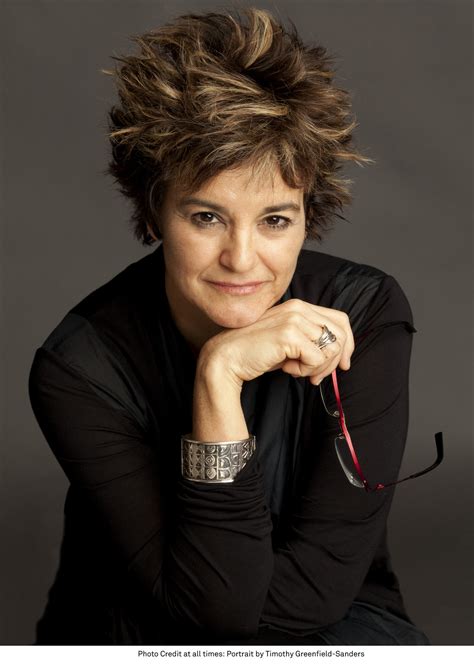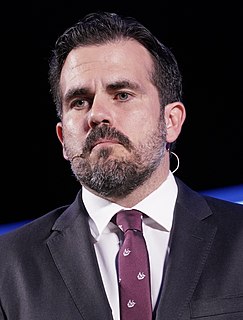A Quote by Wes Craven
There's more emphasis on art and culture in Europe than there is in the United States and I think that a lot of American directors and writers are just trying to copy other American horror films, they don't pick up much in the way that European filmmakers do.
Related Quotes
I don't want to rescind American directors but I think that European directors in general, because of the size of the nations in Europe are exposed to all different cultures, they can easily travel from one distinct culture to another in a matter of hours - you can drive for two weeks across the United States and you're in the same basic culture - so there is a certain breadth of understanding and sophistication that they bring to it and frankly, in some cases they are less expensive than American directors.
Unemployment is higher in Europe than in the United States and primarily concentrated in immigrant minority populations, so people are worried about what's going to happen and if American-style ghettos are emerging in Europe. There are some of the problems there that America sees associated with the lack of economic inclusion - family breakdown, gang behavior, and racial tensions. I get the sense that in Europe they are much more concerned about these issues than in the United States.
I think jazz was just seeking respect and validity because a lot of people didn't believe it was a viable art form, and then they got a lot of attention in Europe. A lot of bands that can't catch flies in the US have these followings in Europe, [but] it's less and less the case. American audiences are way more sophisticated and adventurous than anyone thinks that they are.
What I like about the American woman is she usually has a lot of dynamism. In the U.S., women have a tendency to go forward, to be more exaggerated than in Europe. Many times the rough ideas come from the States, then they are refined in Europe. The American women and the French women are still the best-dressed.
There's one last thing we need to point out. And it is a fact that Puerto Rico is a colonial territory of the United States. This puts us in a very significant disadvantage to all of the other states and to all of the other American citizens. As a matter of comparative, the U.S. citizens, the Puerto Ricans that live in the United States have much better incomes, more than twice as much, participate in the labor force of greater scales, have better results in the education system and so forth.
I even think the commercial element of new American directors is really fertile right now. There are a lot of filmmakers with very particular visions, like Sofia Coppola and Wes Anderson and P.T. Anderson and Alexander Payne and Peter Sollett and Harmony Korine and Vincent Gallo. At least they're making films that they choose to make, and they're on their own. That's positive to me. This is not a dead period for American cinema at all.
In European thought in general, as contrasted with American, vigor, life and originality have a kind of easy, professional utterance. American -- on the other hand, is expressed in an eager amateurish way. A European gives a sense of scope, of survey, of consideration. An American is strained, sensational. One is artistic gold; the other is bullion.


































